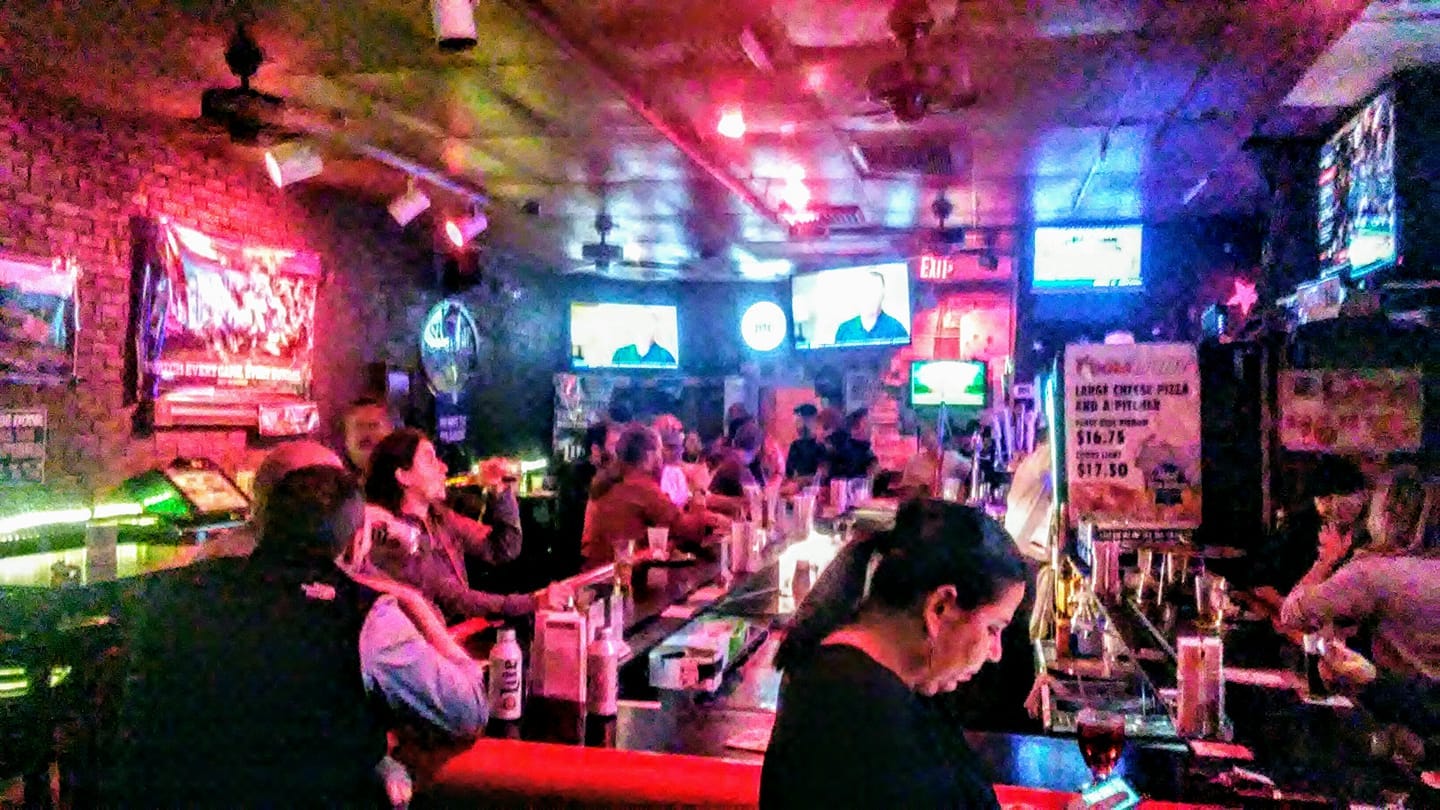
Thanks for reading please put your email in the box:
Back in 2011 I wrote a book about the dive bars of Boston. Please do not bother buying it because I haven’t seen a check for it from the publisher in years and besides and more to the point almost none of the bars even exist anymore they’re all luxury condos or some other horse shit like that now.
Many of them couldn’t afford to stay in business selling $3 Coors Lights to working people and a lot of them succumbed to the idiotic liquor license hostage system we have here in Massachusetts.
Doyle’s in JP was one of the most recent closings.

In the book I wrote about around 100 dive bars and of those there’s roughly 35 left at this point. Many were already closing even as I was writing the book:
“That's a pattern that doesn't seem likely to change any time soon as real estate prices continue to climb, and many of the people who built these bars, either literally, or through their decades-long patronage, die off or are priced out of the neighborhoods,” I wrote. “I wouldn't be surprised if a few more included here have gone under while this book goes to print. That's emblematic of the biggest contradiction that a dive embodies: it's a bar that has somehow withstood the test of time, but isn't long for the changing world.”
Sky-rocketing real estate prices pushing decades old family owned businesses into extinction is very much a part of Hell World and so with the news this weekend that the beloved Courtside in East Cambridge is closing after almost eighty years in business I thought I’d reprint the interview I did with the owner back in 2011.

Today it's known as a karaoke mecca for post-college ironic-dive-goers after their softball games, but when the Alberts family first opened it up in 1943 as the A&S Cafe it was a quintessential example of the era's neighborhood bar. John Alberts was born that same year, and he's been working at the bar pretty much ever since.
He started back in 1962 he says. A lot has changed since then. “We're still a neighborhood bar, but the neighborhood has changed. As has every neighborhood in the city. In this area here, luckily, we always had the Middlesex Superior Courthouse. Now we don't of course.”
“There were factories all over the place,” he remembers. Chocolate factories, sausage factories, casket factories. “It was all factories and all the people that lived in this area they either worked in the courthouse or the factories.”
The bar's proximity to the court is where it gets its name.
“We used to feed the juries, they used to bring them over here at lunch time.”
Another big change? When he first started here there were no women in the bars, Alberts says. “People don't realize it, but it wasn't until the late sixties, early seventies when you'd find a woman in a bar. Women used to tap on the window and they'd say 'Hey Luke your wife's out there.'”
“Sometime in the seventies women's lib started to come around and when women came in they had women's drinks that they drank. Women did not drink shots and beers. They drank Pink Lady's and Sombreros. Basically when light beer first came out, that's when women started drinking beer. When light beer came out with their ads they had to incorporate athletes – light beer was like a sissy's beer. That's when women started drinking beer. Now you go in and women are drinking shots and beer. But that's the way it was.”
They certainly don't have a problem drinking here today. The biker chick I saw warbling her way though Guns N Roses karaoke a while back and the groups of college girls doing Journey songs are a testament to that.
They didn't have seats at bars when he first started either Alberts says, continuing the history lesson. “You had a railing and you stood and put your foot up on a rail. Bar stools came in about the sixties too. They stood at bars and leaned at the bar.”
No credit cards either.
“Every neighborhood bar had a book and people had tabs. And when they got paid they would come in and pay off the bar tab. Of course in those days they'd run up a tab at one bar and then go down and drink at the next one.”
All the kids that come in now certainly have credit cards, probably plenty of money on them too.
“In the old days you had what you called regulars, you knew that this guy came in every day when he got off work. There used to be night shifts that worked at the courthouse. They'd all go in before the shift at eleven, then come back the next morning when we opened.”
In those days everyone drank at lunch too, he says. Judges, lawyers, juries.
“Lawyers would come in in the morning with their clients. It's a way of life change. People don't drink at lunch anymore. It's become taboo. That's a big difference too. I think people go to health clubs at lunch, but they don't go and drink at lunch anymore. Times change. That's the way of life.”






